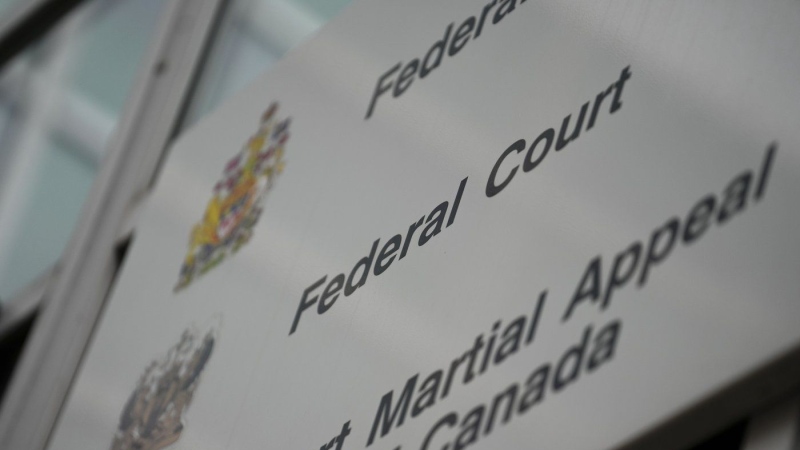A recent court ruling has shed light on the systemic issues within Canada’s parole system, particularly when it comes to Indigenous individuals. The British Columbia Court of Appeal has found that the Parole Board of Canada failed to consider the traumatic experiences of an Indigenous man who was convicted of murder.
The man, who cannot be named due to a publication ban, was sentenced to life in prison for the 2012 murder of his common-law partner. He had a history of substance abuse and had been diagnosed with post-traumatic stress disorder (PTSD) as a result of his experiences in residential schools and the foster care system.
Despite this, the Parole Board of Canada denied his request for day parole in 2018, stating that he had not taken enough responsibility for his actions and that he posed a risk to society. However, the court found that the board had failed to consider the man’s traumatic past and how it may have contributed to his actions.
In the ruling, Justice David Harris stated that the board’s decision was “unreasonable” and that it had “ignored the elephant in the room” by not addressing the man’s PTSD and its potential impact on his behavior.
This case highlights the need for a more holistic and culturally sensitive approach to parole decisions, especially when it comes to Indigenous individuals who have been disproportionately affected by the intergenerational trauma caused by residential schools and the child welfare system.
The court’s decision also brings attention to the lack of diversity within the Parole Board of Canada, as there are currently no Indigenous members on the board. This raises concerns about the board’s ability to understand and consider the unique experiences and needs of Indigenous offenders.
The man’s lawyer, Jason Gratl, hopes that this ruling will lead to changes within the parole system and a more compassionate approach towards Indigenous offenders. He stated, “We hope that this decision will lead to a more nuanced and informed approach to the assessment of Indigenous offenders.”
This case serves as a reminder that the Canadian justice system must address the ongoing impacts of colonialism and systemic racism on Indigenous communities. It is crucial that the voices and experiences of Indigenous individuals are heard and considered in all aspects of the justice system, including parole decisions.




